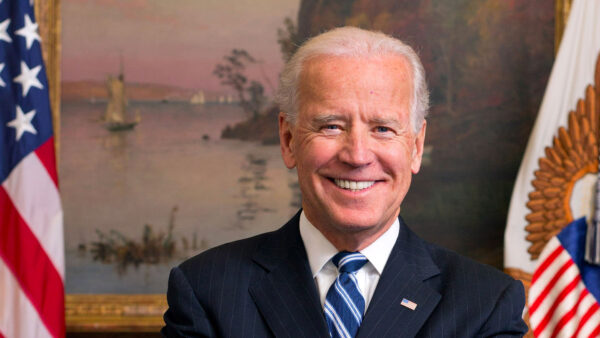School closures effect Pakistan’s rural populations due to lack of internet
In developing economies, this has been a particular issue, where Pakistan, in which more than 51,500,000 are currently enrolled in education, also has many as 22.7 million children are not participating, this could widen the gap at a crucial time. With parents expected to pay fees for their child’s education and the rising poverty levels caused by COVID19, this will only increase.
Despite more than half of the entire population owning a smartphone, this is a privilege enjoyed by those based in more urban areas of the country. Experts are calling on Pakistan to change its attitudes towards education by emphasising a greater push on technology.
For many in these rural areas, access to education and technology often requires long journeys (as long as four to five miles) just to use them, likely at a friend or relative’s house. Having to fend for themselves, it is playing a big factor in the high dropout rate during the pandemic where people are instead working domestically, likely on a family farm or business to help with the economic pressures at home.
In an interview with The Guardian, Aanya Niaz, an education researcher, argued that there is not enough understanding of the diversity of educational experiences across Pakistan. She said: “Digital penetration varies greatly, across provinces, urban-rural divides and socioeconomic classes, along with the impact of gender as well, none of which can be taken into account with blanket initiatives that are meant to be applied on a national level.”
It is crucial that all children receive an education, regardless of their gender, age, or socio-economic background. To do this, it will require global efforts to work collaboratively and help address the crisis of the pandemic and its impact on education. Sustainable Development Goal 4 (Quality Education) is key to reducing the persistent disparities worldwide. This may require more economically developed nations to provide crucial resources to countries where education is struggling, while developing a greater understanding of the importance on education would make major steps forward in addressing the issue ahead of the 2030 deadline.










